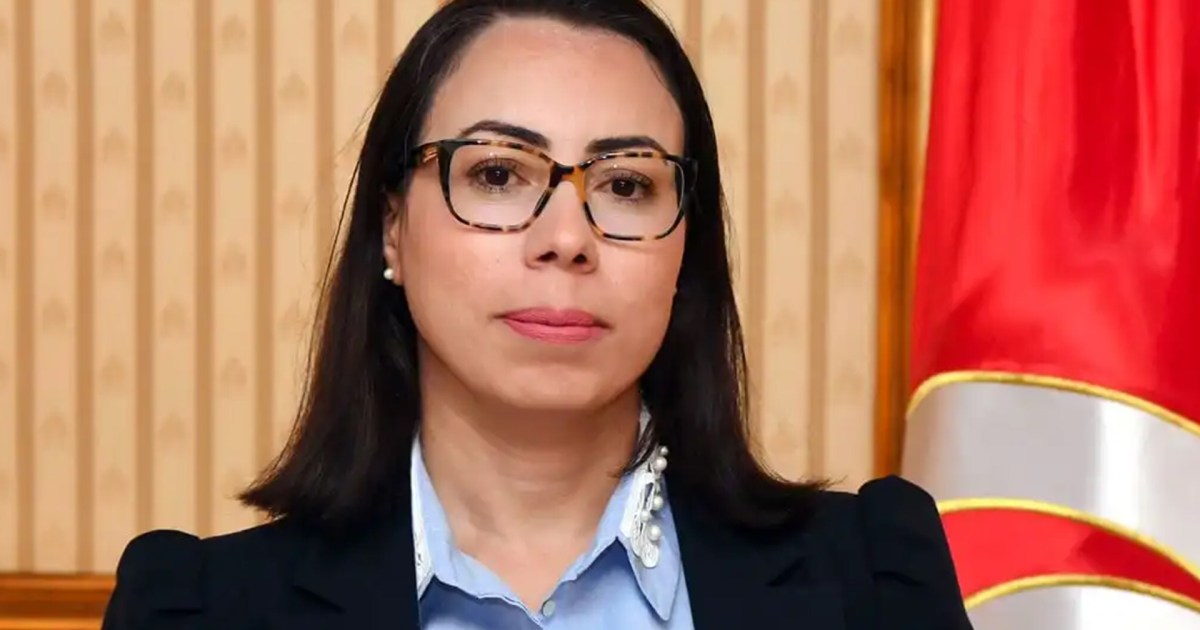The Public Prosecution Office in Tunisia said - today, Wednesday - that it decided to open an investigation into leaked audio recordings attributed to Nadia Okacha, the former director of President Kais Saied's office.
The Public Prosecution Office of the Court of First Instance in Tunisia stated - in a statement - that it assigned the national unit to investigate crimes of terrorism and crimes affecting the integrity of the national territory to research the content of the audio recordings attributed to the former Director of the Presidential Office.
The investigation of the Tunisian Public Prosecution, according to the statement, aims to verify the authenticity of the recordings attributed to Nadia Okasha, and to determine the legal effect of that.
The Public Prosecution statement stated that "some pages on social media circulated, at the end of last month, audio recordings attributed to Okasha, in which they insulted the President of the Republic, Qais Saeed."
The content of the recordings
The recordings included a talk attributed to Okasha about President Saeed's health problems, and indicated his anger at the American intervention regarding the political crisis in the country, and the Tunisian president's intention to expel the American ambassador before Okasha intervened to discourage him from his decision, according to what was stated in the conversation attributed to her.
After some communication sites circulated audio clips, Nadia Okasha published a post - on her account on the Facebook networking site on April 29 last - in which she said, "After the campaign of distortion and touching of symptoms, we turn to the installation of sounds."
On April 30, the former director of the President's Office published another post, in which she said that she had nothing to do with pages speaking in her name, and that she had deliberately distorted the President of the Republic by fabricating and installing Nadia Okasha's voice.
Since Saeed's rise to power in 2019, the president's team of advisers has witnessed at least 10 resignations, the last of which was from Nadia Okasha, who justified her decision on "fundamental differences of views."
Nadia Okasha was described as the black box of President Qais Saeed and the confidant of his secrets.
It should be noted that Tunisia is experiencing a severe political crisis. In the summer of last year, the country's president issued exceptional measures according to which he seized control of the executive authority and suspended the work of Parliament, before dissolving it weeks ago, in a series of decisions described by most of the Tunisian opposition forces as a coup against the constitution.

